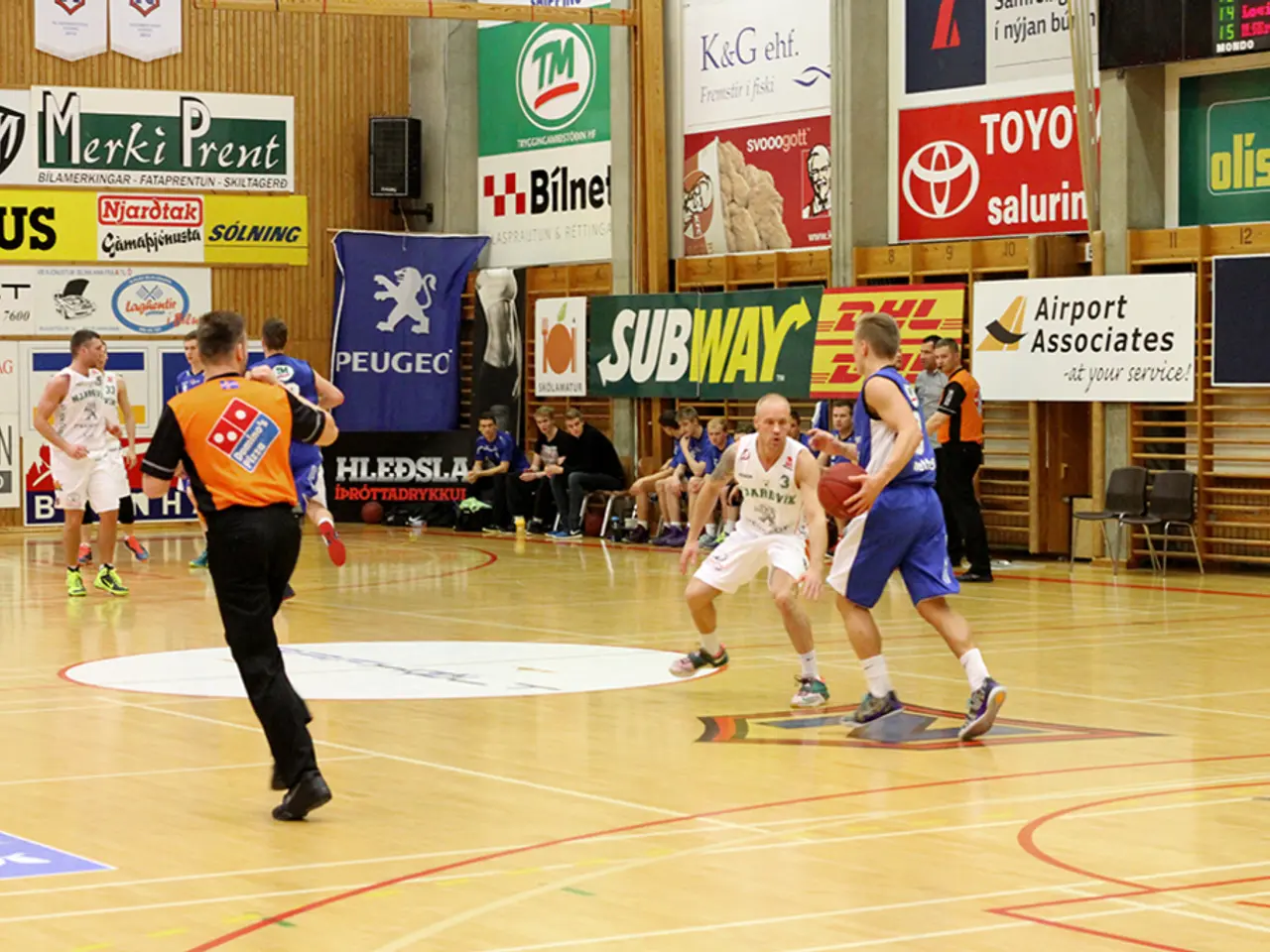Removed: 'Prominent Culture' and 'Re-Immigration' from AFD Policy Document
The Alternative for Germany (AfD) has officially adopted a seven-point manifesto, a move that reaffirms the party's stance on immigration and cultural preservation. The manifesto was approved during the federal party conference in Riesa, with a majority vote in favour of including the demand for "remigration."
In a notable shift, the terms "German Leitkultur" and "Remigration" have been removed from the AfD's manifesto, suggesting a potential softening of the party's stance on these issues. However, the party's commitment to these principles remains evident in their policy proposals.
Alice Weidel, the party leader of AfD, had previously embraced the term "remigration" during the Bundestag election campaign. The term, which is often interpreted in right-wing circles as the mass deportation of people with a migration background, now appears in the party's manifesto, albeit without the explicit call for mass deportations.
The new manifesto emphasizes the need to ease the housing market for locals and limit immigration. This stance aligns with the party's historical support for policies that promote German identity and cultural preservation, often criticising immigration policies they perceive as too lenient.
The AfD's immigration policy proposals generally advocate for tighter border controls and stricter asylum policies. They often align with other right-wing parties or politicians in Germany, such as Friedrich Merz, who have also emphasized the need for stricter immigration and asylum policies.
The party's adoption of the seven-point manifesto comes as they work towards a coalition-friendly image ahead of the Bundestag election. However, the Union, SPD, Greens, and Left Party have publicly positioned themselves against the AfD's goals.
The AfD's stance on immigration and cultural issues has long been a subject of debate and controversy. The Federal Office for the Protection of the Constitution classified the AfD as "undoubtedly right-wing extremist" in May, a designation that the party is currently challenging in the Administrative Court of Cologne.
For more detailed and updated information on the AfD's current stance and proposals, it is advisable to consult recent statements or policy documents from the party itself.
The community policy and employment policy noted in the newly adopted AfD manifesto indicate their strategic focus to align with right-wing political ideologies, as seen in their stance on immigration and cultural preservation. In the realm of policy-and-legislation, the AfD's commitments to the housing market, border control, and stricter asylum policies are evident, resonating with other right-wing parties and politicians in their general-news debates on crime-and-justice.







